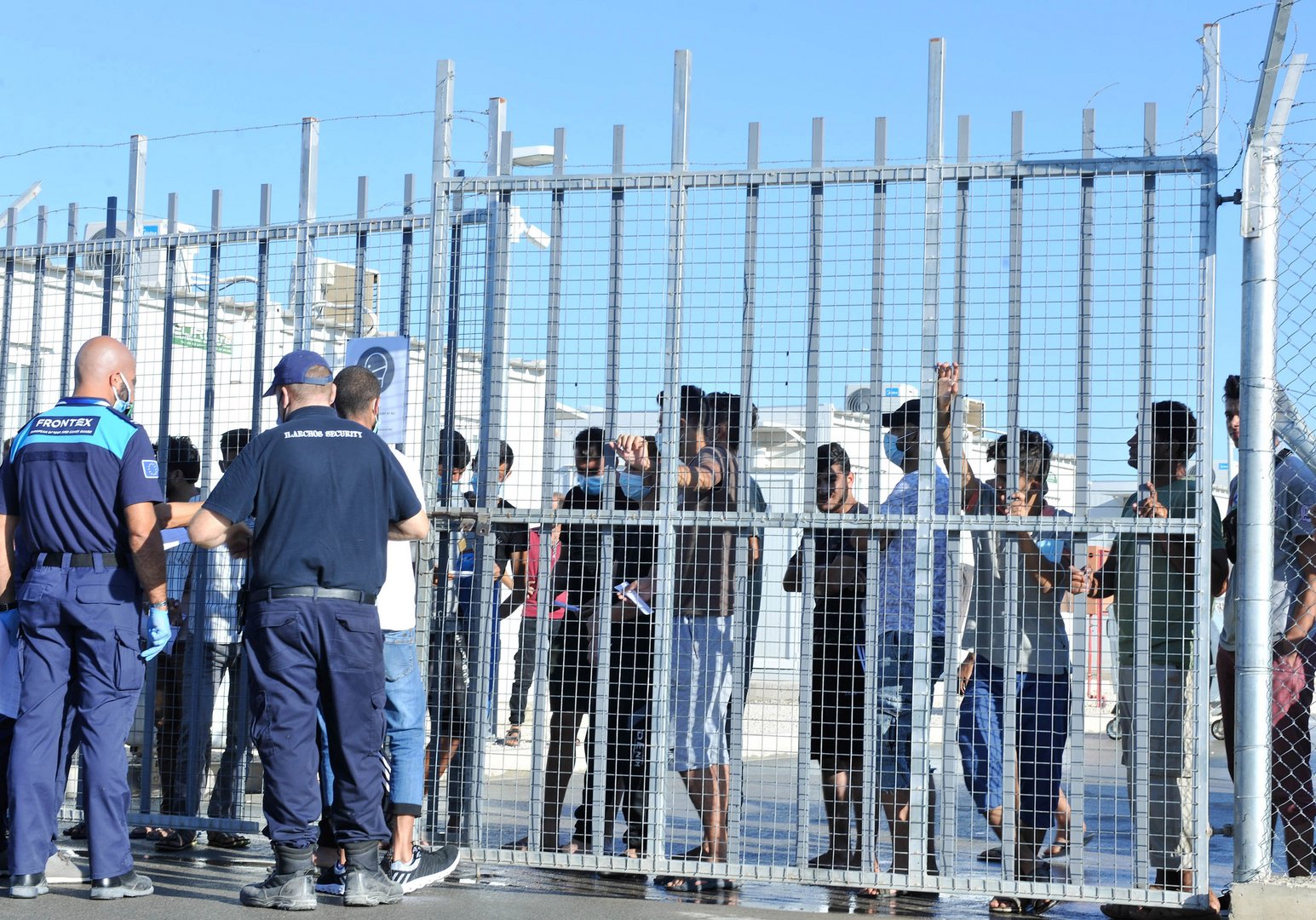Interior Minister Nicos Nouris said on Saturday President Nicos Anastasiades will chair a meeting in the coming week to discuss migrant flows.
The meeting has been scheduled to get the president’s views and opinions on how the interior ministry should handle the issue as “we have observed a serious increase in migration flows over the green line,” Nouris said.
The previous day, he met his French counterpart Gérald Darmanin to exchange views on a range of common interests as France prepares to take over the EU presidency in 2022.
Nouris briefed Darmanin about the migrant situation in Cyprus, which is stretching the asylum service to its limits, pointing out that the demographics are changing, with most migrants now coming from sub-Saharan Africa.
He told reporters that he asked for France’s help to start a dialogue with these countries, most of which “as we know, are former French colonies,” and added that the French minister was more than willing to help grant that request.
“The goal is to establish a returns system for nationals of these countries if their asylum request is rejected”.
For his part, Darmanin expressed solidarity on behalf of the French government, saying that once France takes over EU leadership it will shift the focus to border control but also solidarity for member states on the front lines, like Cyprus.
The two also discussed the EU Civil Protection Mechanism, with Nouris expressing the wish for Cyprus to join the RescEU programme, bringing back to the table the proposal of building a firefighting aircraft base to serve both the island and neighbouring countries in case of fires.
The two are likely to meet in Paris in December to further discuss the issue and other relevant ones.
Nouris also admitted that the civil registry and migration department is facing serious problems as a result of an influx of applications in the past few years.
“As of 2015 the department has received 250,000 applications from third country nationals,” he said.
He added that the ministry is cooperating with the ministry of innovation to digitise and streamline specific processes, but there are more steps to be taken to make things easier for both the government and the public when it comes to migration.







Click here to change your cookie preferences